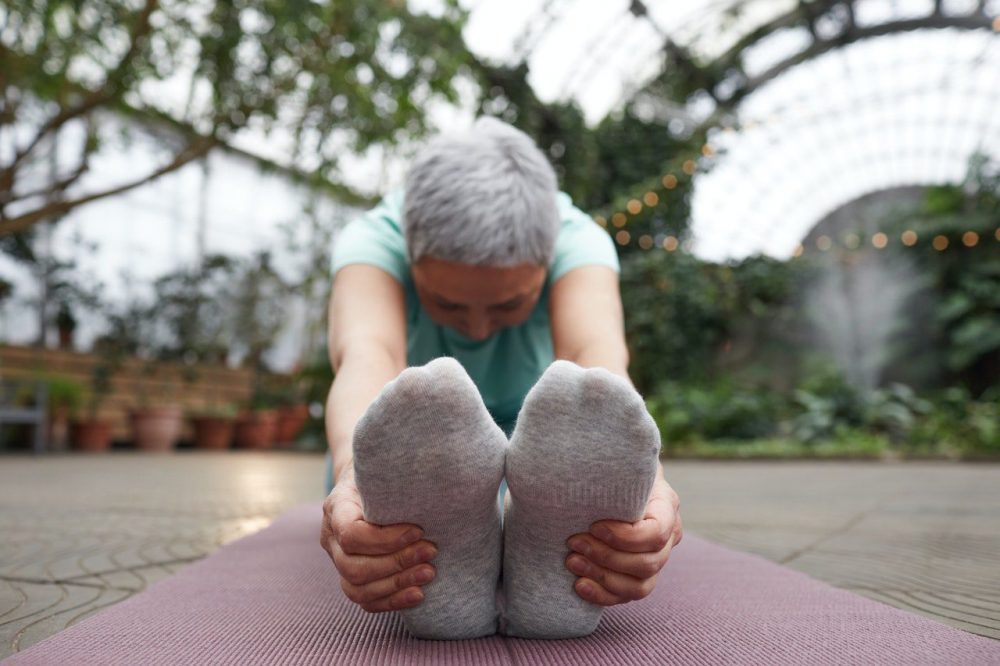Undergoing hip replacement surgery is a significant decision; understanding the process can help ease the journey. Many people who have undergone the procedure have reflected on what they wish they knew before having a hip replacement surgery. From the speed of recovery to the importance of preparation, these insights can provide valuable guidance.
What I Wish I Knew Before Hip Replacement Surgery:
1. You’re on Your Feet Quickly
One of the most surprising aspects of hip replacement surgery is how quickly you're expected to be on your feet. Although it’s a significant operation, physiotherapists encourage patients to start bearing weight on their new hip soon after the anesthesia wears off. Early movement is believed to aid in recovery, setting the stage for a series of daily exercises for several months.

Ahmed akacha | Pexels | Physiotherapists encourage patients to start bearing weight on their new hip soon after the anesthesia wears off.
2. Recovery Takes Time
While initial mobility returns swiftly, the overall recovery process is lengthy and varies from person to person. The first three months are crucial for tissue healing, during which bending more than 90 degrees is usually off-limits. Some people feel significantly better within weeks, but for others, it can take up to two years to fully experience the benefits of the surgery.
3. You Need Support
Hip replacement surgery isn’t something to tackle alone. It’s essential to have help, especially during the first week post-surgery. Daily tasks like getting in and out of bed or navigating the house can be challenging. Having someone to assist with chores, meals, and errands makes a significant difference in the early days of recovery. Even if you’re usually independent, arranging for support is critical.
4. Exercise Is Key
Staying active is crucial, not just during recovery but as part of daily life with a new hip. Following a physiotherapist’s advice on specific exercises is essential to protect the artificial joint. High-impact activities might be too strenuous, but low-impact exercises like swimming, cycling, and golf are often recommended. Modifications, such as using an electric bike, can make returning to physical activities safer and more comfortable.

Alexy Almond | Pexels | Staying active is crucial, not just during recovery but as part of daily life with a new hip.
5. Prepare Your Home
Making minor adjustments at home can significantly ease recovery. Ensuring clear paths for walking aids and removing potential tripping hazards like rugs or cords is essential. Since bending over is restricted, storing everyday items at waist level helps. Consider renting a raised toilet seat and a shower chair to make daily routines easier. Setting up a recovery station with essentials nearby can also help minimize unnecessary movement.
6. Prehab Pays Off
Starting a strengthening program before surgery, known as prehab, can be incredibly beneficial. Working on muscle strength and flexibility before the operation can speed up recovery afterward. Stronger muscles are better equipped to handle post-surgery exercises, and the mental preparation that comes with prehab can also make the process less daunting. Focusing on the right exercises before surgery can lay a solid foundation for a smoother rehabilitation.
7. Many Wish They’d Done It Sooner
For many, the decision to undergo hip replacement surgery comes after years of dealing with pain and a reduced quality of life. The fear of surgery and the potential for future replacements often leads to postponing the procedure. However, many who have had the surgery express regret over not doing it sooner, noting the significant improvement in their daily lives post-surgery. The relief from pain and the ability to return to activities they once enjoyed makes the procedure life-changing.










